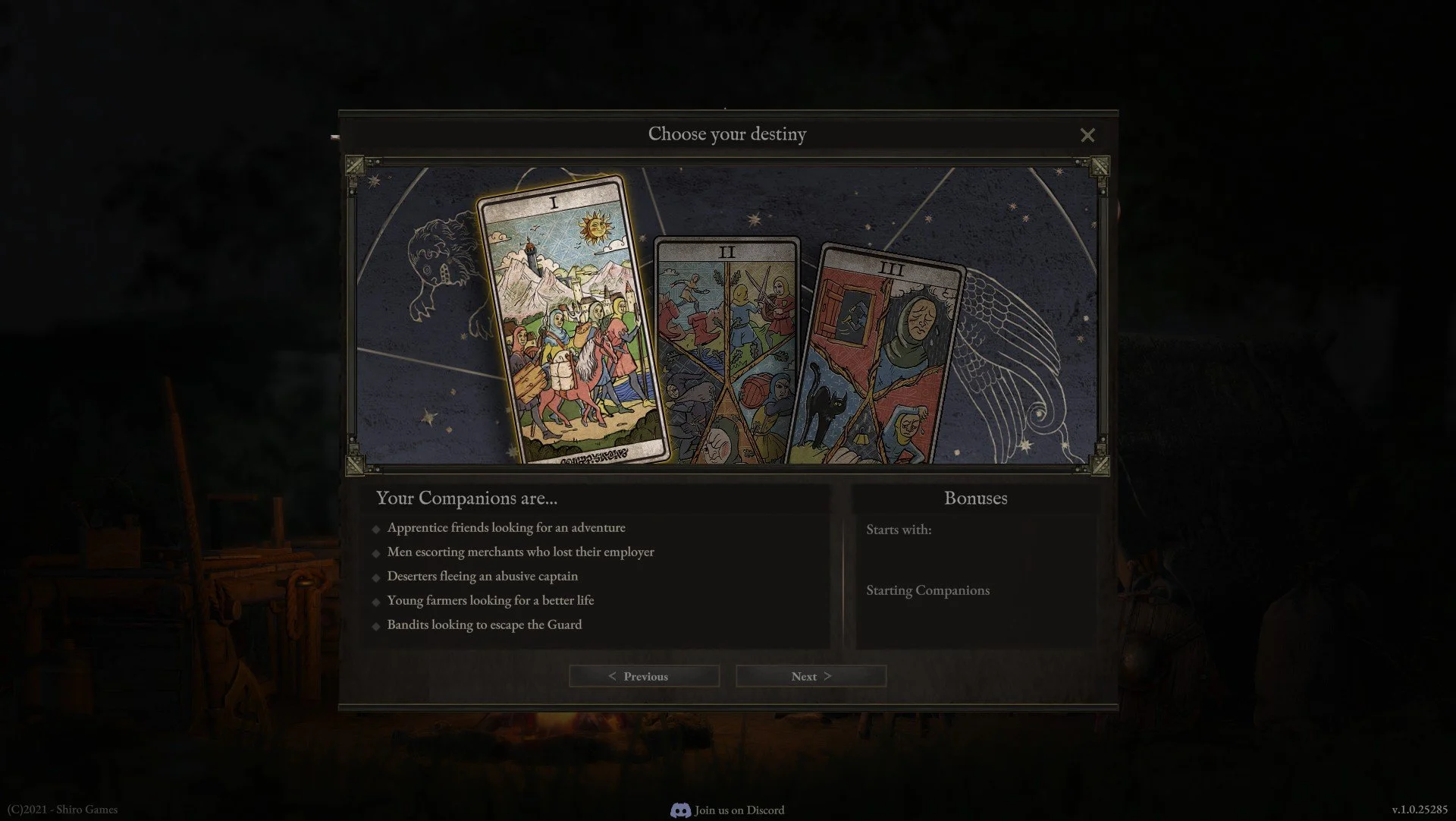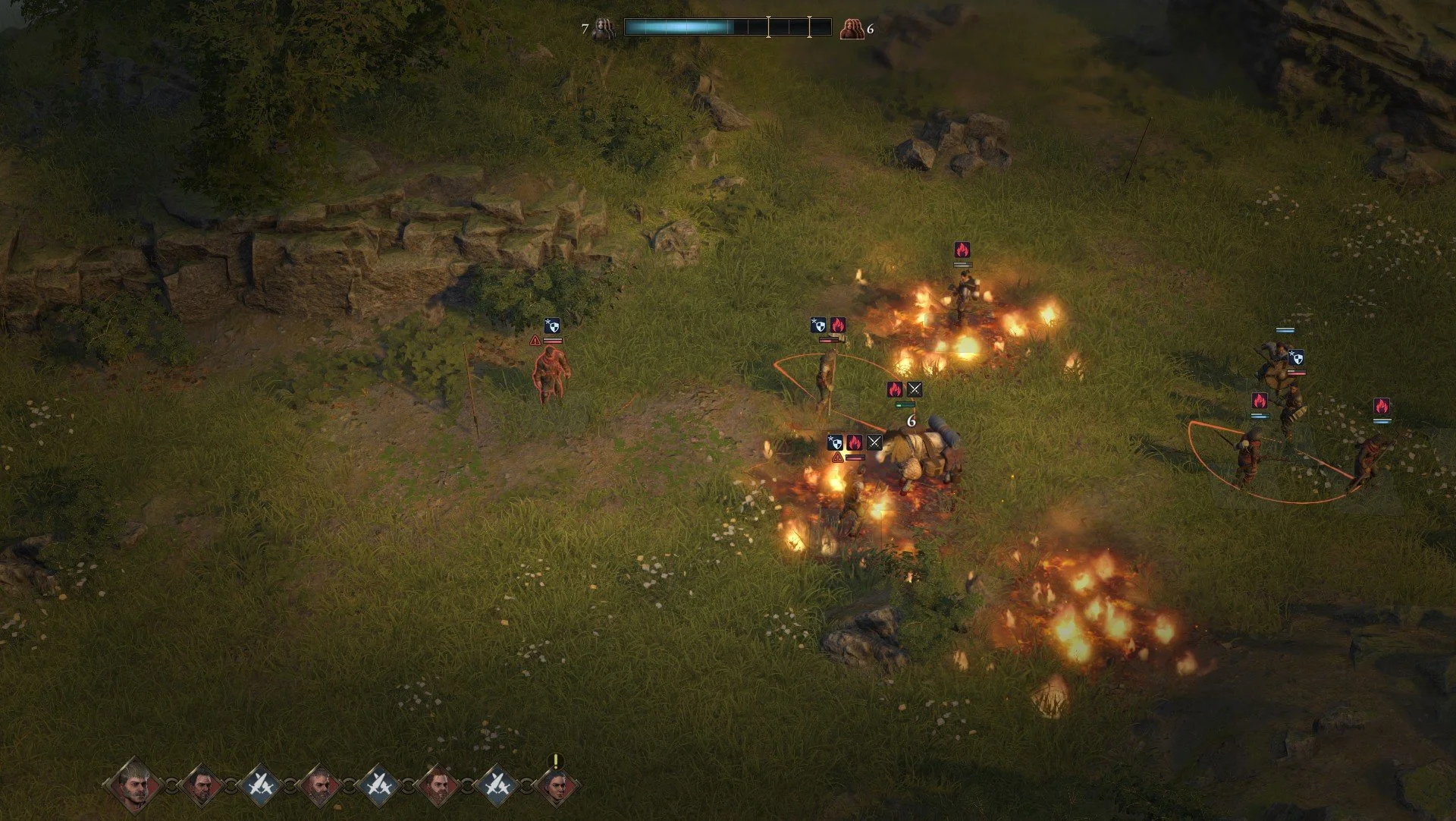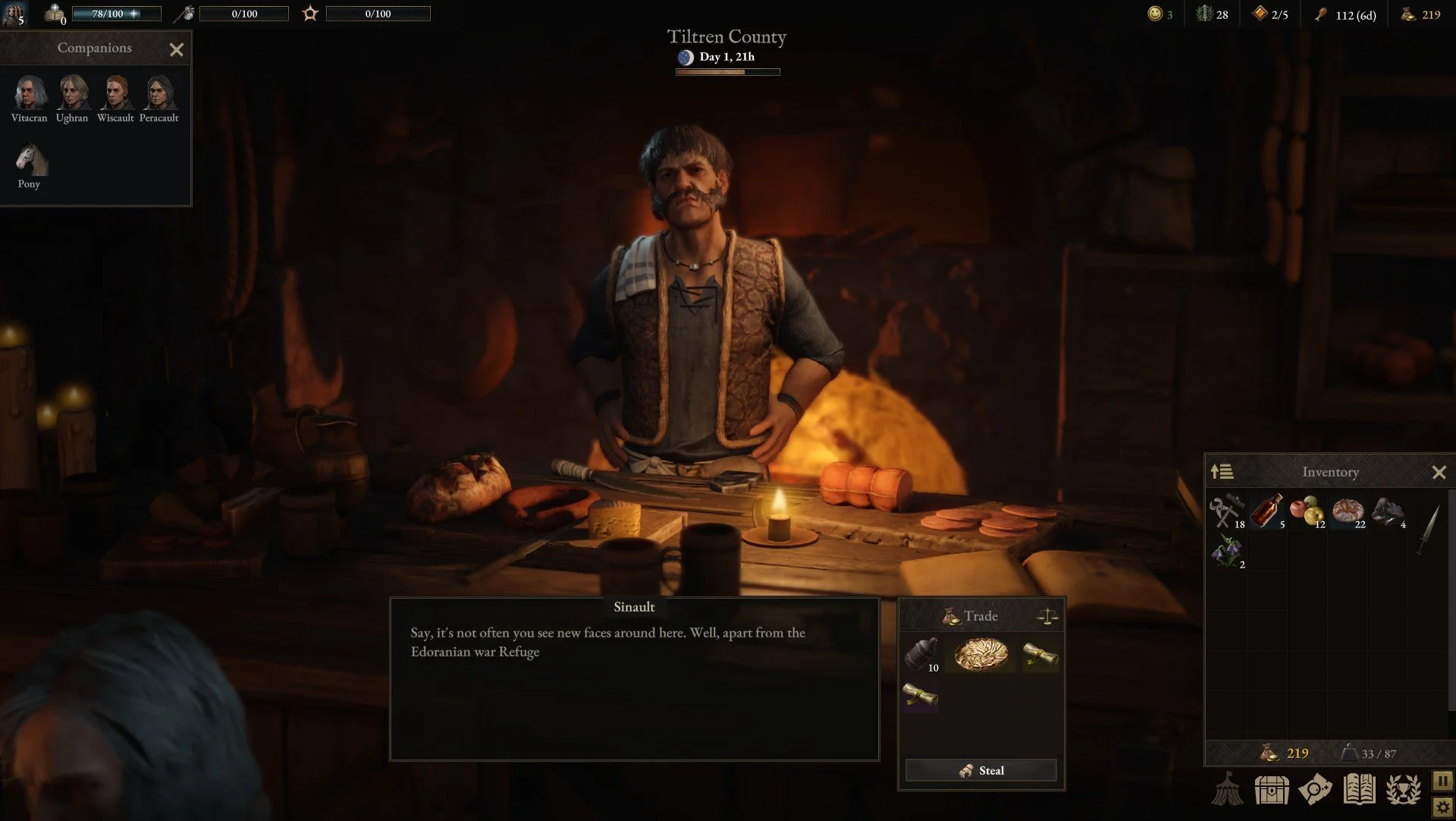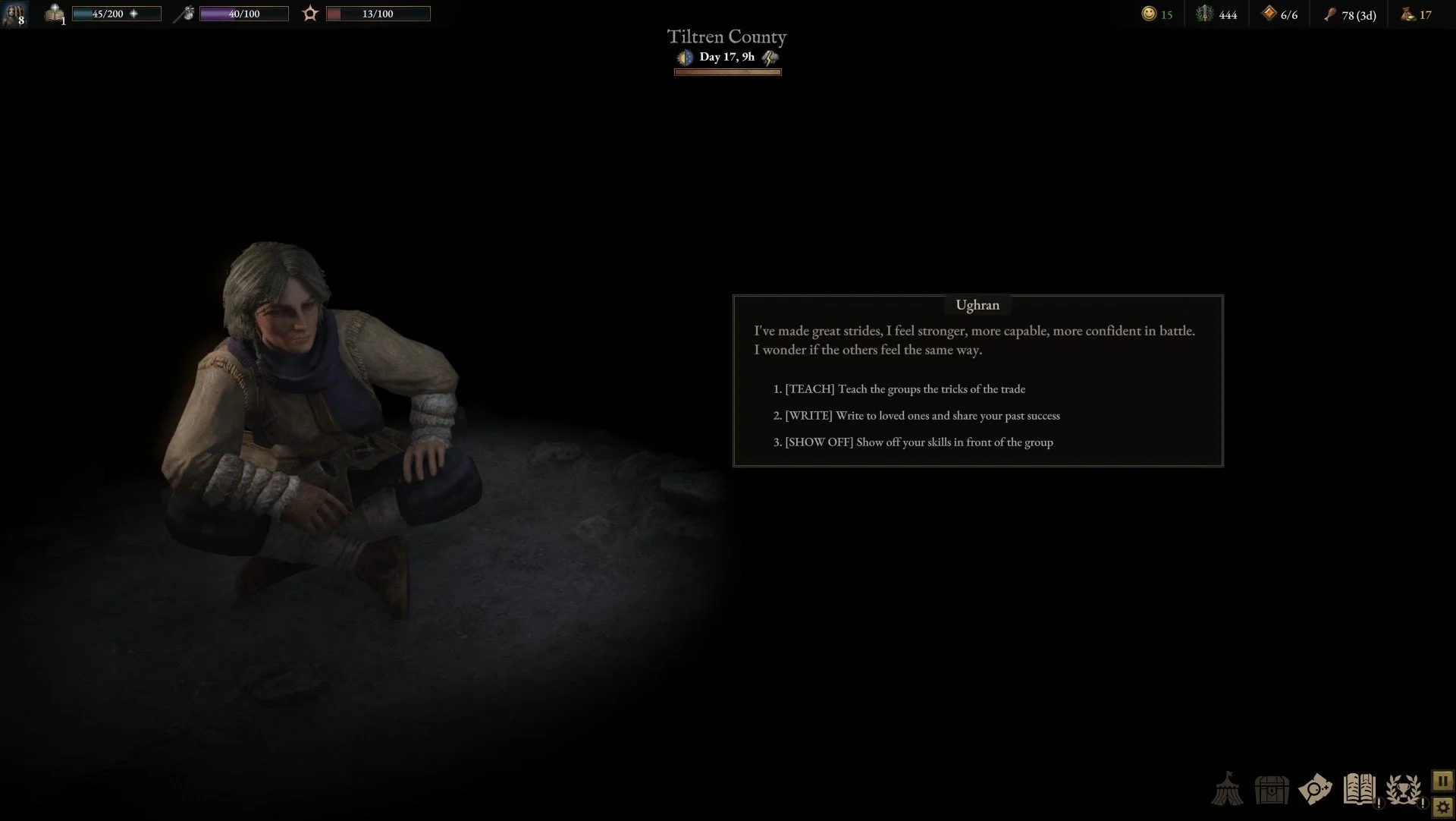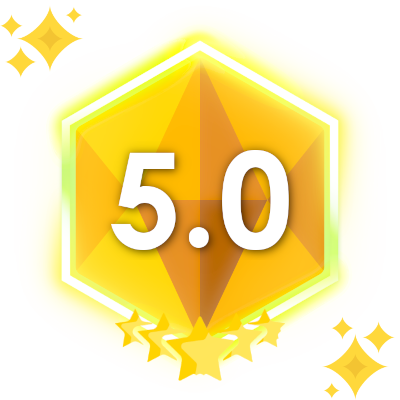Wartales Review
Wartales
Platforms: PC (Windows)
Developer: Shiro Games
Publisher: Shiro Unlimited
Release Date: 4/12/2023 (1.0)
MSRP: 34.99
Wartales is a tactical strategy RPG in a subgenre known as “medieval warband simulators.” In these games, you control a band of mercenaries off on a journey for coin and glory. As you adventure through Wartales’ low-fantasy realms, you delve into tombs, get involved in local trade and politics, hunt bounties, and even change the course of nations all to keep purses full of coin and bellies full of food. Beyond that, there’s not one definitive story, but rather a bunch of different starts and possible locations. It all begins with you and your band of rough-and-ready types embarking on a journey to the nearest town, fighting bandits along the way. From there, you solve refugee conflicts, explore ancient tombs, assault bandit hideouts, and generally carve your own path through the world. There might be events, but it’s your story, and you tell it however you like.
What sets Wartales apart is its accessibility. The fights are sometimes difficult and tense, but the information is transparent and it’s rare you’ll fall to random chance or circumstance. You also have a wide range of options at the start, everything from locking difficulty to a specific region to picking a start that works best for you. The open-endedness common to the genre even helps with this— you’re telling your story your own way, and whatever play style works best for you, it’s easy enough to learn. Most systems are taught gradually, with your upgrades and jobs usually tied to quests or interactions in the environment. You even get pop-ups about concepts you haven’t seen before. Unlike many other games in the medieval warband sim genre, in that it’s brutal but unlike many of those games, it’s fair. It’s still brutal, but at least it feels like you made a bad decision as opposed to the game tripping you up.
Yes, even this is a result of my very impulsive actions
Which is fantastic, because the game is vast and open-ended. There’s tons to do in every overworld map of Wartales and tons of ways to do it, whether that’s trying to become a merchant and build up your fortune that way, or living the lives of ruthless bandits and employing all your cunning and skullduggery. Just about anything you do grants you experience points, and some problems have multiple solutions. The game doesn’t even push you in one direction or the other morally— while some decisions can be honorable or dishonorable, it’s more about who you side with and why than any greater system of morals. It’s entirely about what story you want to create. Wartales is as much a story generation system as it is a strategy game, and it offers you all the tools you’d need to create that story.
This even extends to the research system. While there are the usual upgrades one can get, there’s a specific upgrade tree for each available craftsperson and even trees related to the achievements screen. If you delve into the mysteries of the surrounding ruins, let your defeated enemies run away after battle, or even turn prisoners in to be jailed. There’s a ridiculous amount of things to do and see even in the starting area (where I spent roughly four days of play time), and that’s before you start crossing borders and opening up everything else. It’s incredibly satisfying to unlock upgrades and then put things like a crafting station in your camp where you can watch your companions hang out and go about their business.
All of this makes Wartales an excellent narrative experience. You can watch your warband become a terrifying force complete with its own pack of wolves or a group of tomb raiders and artisans slowly growing in legend. Every encounter, every death, every battle grows the story you’ve decided to tell and the way you decide to tell it. It’s intricate, just technical enough to grasp, and genuinely fun in a way few strategy RPGs reach for but fail to grasp. While it does have the odd technical glitch, if this sounds at all like your kind of game, saddle up your homicidal pony and head for the nearest Emissary.
The Good:
- Intricate strategy with transparent mechanics
- Open-ended narrative structure that allows you to tell the story you want
- An overwhelming number of options for crafting, narrative direction, and questing
The Bad:
- Lack of a definitive goal might be off-putting
- Occasional technical glitches
Final Score:

